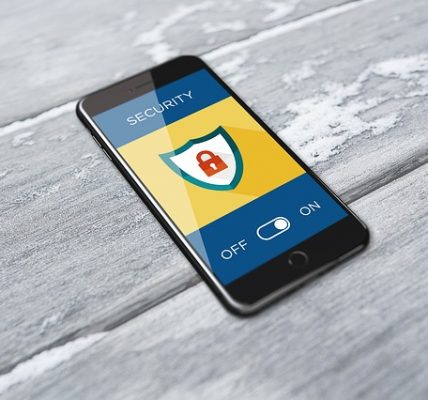
Few things are as frustrating as slow internet. When movies constantly freeze and video chats drop out, it’s enough to make even the most patient person a little crazy. Even worse, those who use the internet for work may lose money when their connections aren’t up to snuff. Slow speeds occur for various reasons, most of which can easily be addressed. Here, you’ll learn what affects internet speed and how to resolve these issues.
Router Location
Most people don’t give much thought to Optimum router placement. Instead, they plug them into the nearest outlet and put them on a shelf. This causes problems for a few reasons. First, a low height will reduce a router’s performance. Second, WiFi signals don’t do well with physical barriers such as walls and floors. Finally, if the router is too far away from the family’s devices, the WiFi signal will be weak.
If the internet is slow, consider changing the router’s position by putting it on a higher surface in the center of the home, well away from walls. For large rooms, it may be necessary to use a WiFi repeater or extender.
Unauthorized Use
If your home internet speed has taken a sudden nosedive, it might be because of a network intrusion. Those with weak passwords (or worse yet, no password at all) are more likely to become victims. When an intruder uses your bandwidth, download and upload speeds will suffer.
The first step to take is to ensure that no one can log onto your network without permission. If there’s a breach, change the password immediately, and be sure that it’s hard for thieves to guess.
Malware
Even if there are no unknown devices on the network, there still may be a security issue. Viruses and other malware often run in the background, infecting browsers, reducing processing power, and cutting speeds.
Though most people simply use anti-malware programs, sometimes it’s best to seek professional advice. Prevent further intrusions by improving browser security settings, installing updates as they arrive, and not opening unsolicited email attachments.
Interference
Wireless signals are all around us, and as useful as they are, they can greatly affect internet speeds. Most home WiFi is on the 2.4GHz frequency, which is set apart from other devices. However, interference may still be a problem.
If the router is older, microwave ovens are more likely to cause trouble. In much the same way, Bluetooth signals may interrupt WiFi signals, as can neighbors’ routers. If moving devices doesn’t work, switch the router to a different channel.
Substandard Equipment
With time, router performance may decrease due to wear and tear. This greatly reduces the speed at which network traffic is processed, and your internet speeds will decline. Poor-quality Ethernet cables may be at the root of some problems. Even if a network is optimized, a broken cable will cause a rough online experience.
To address such issues, consider upgrading the router and using the previous model to extend the network. If the cables are the problem, a network cable tester will help pinpoint hidden issues.
In Closing
No one wants slow internet, but at certain times of day, speeds may decrease simply because so many people are online. Also, challenges may come when uploading or downloading large files. Constant low speeds should be addressed, and the tips in this guide may help.









![Watch Video Now on xiaohongshu.com [以色列Elevatione perfectio X美容仪 perfectio X 全新仪器黑科技了解下]](https://www.techburgeon.com/wp-content/uploads/2019/07/perfectiox-singapore-150x150.jpg)
